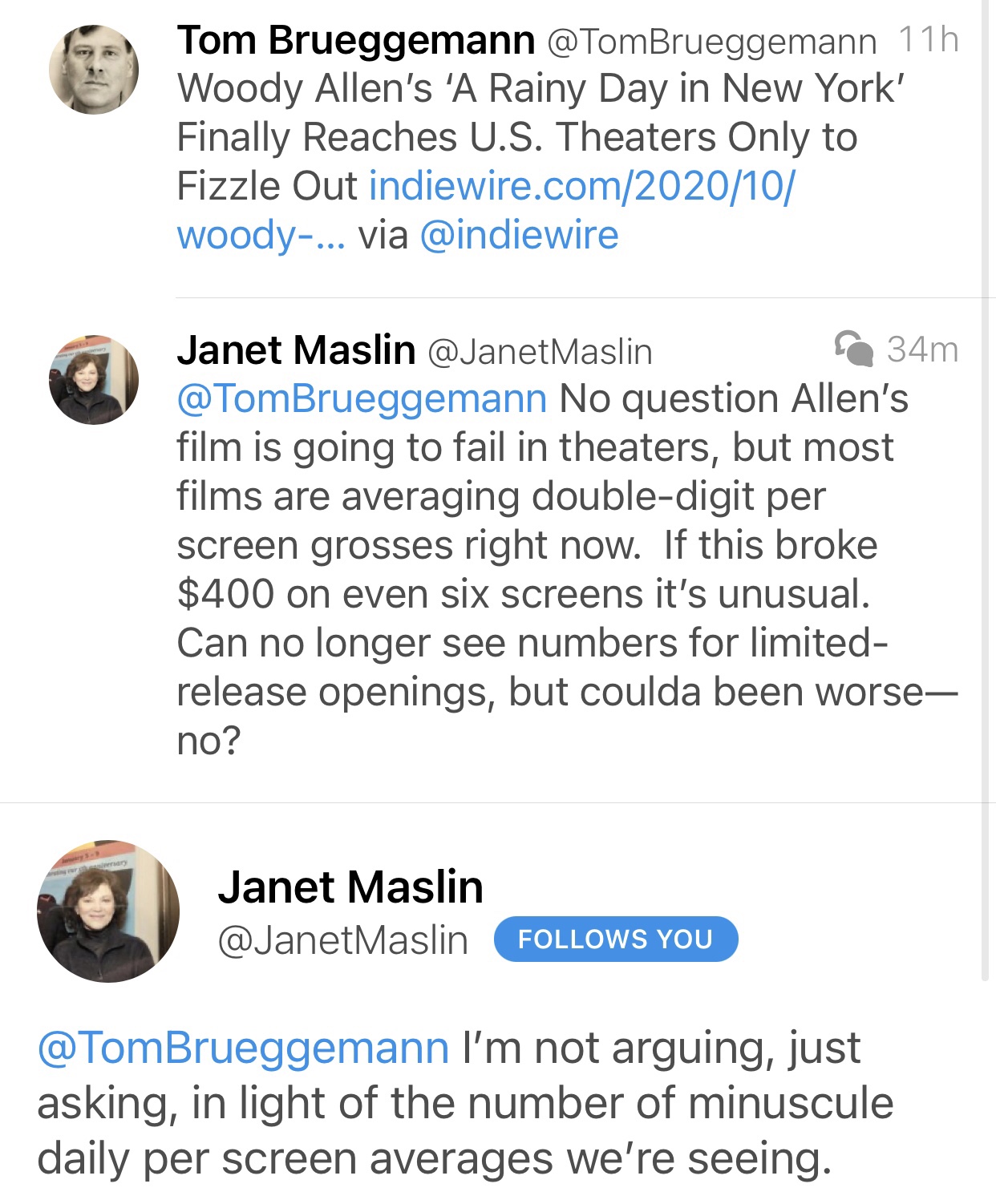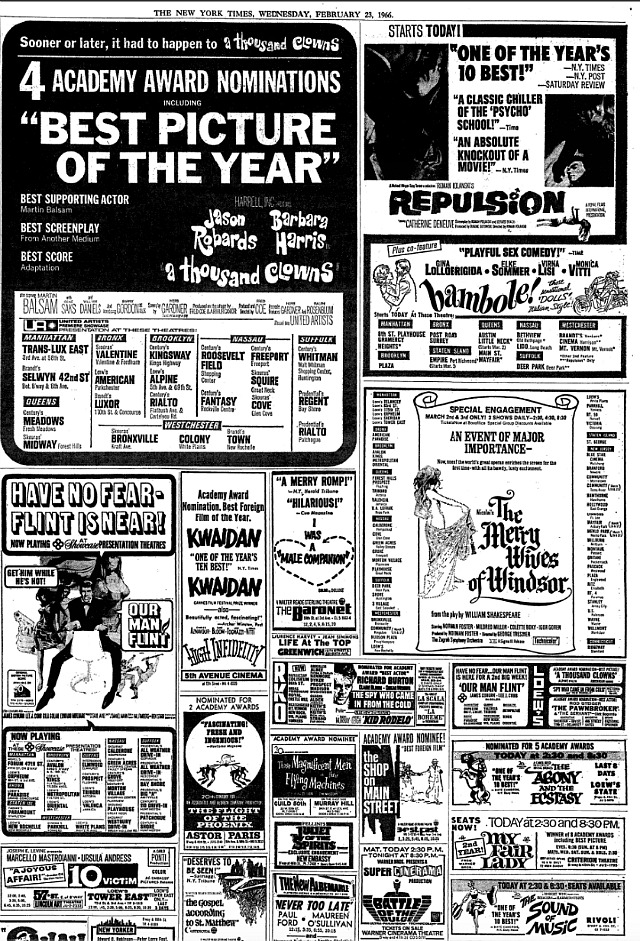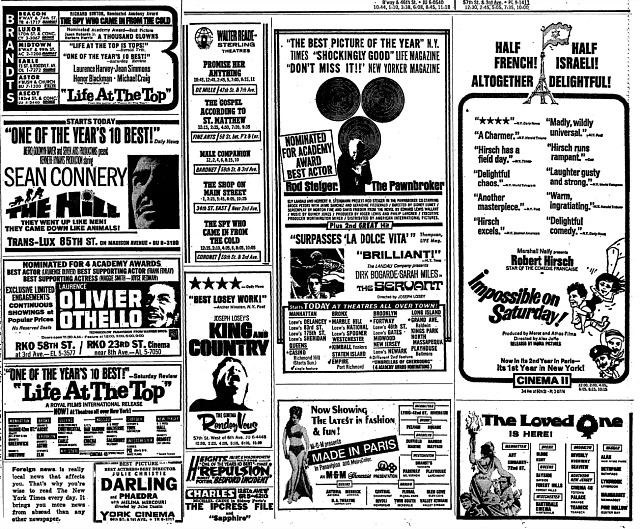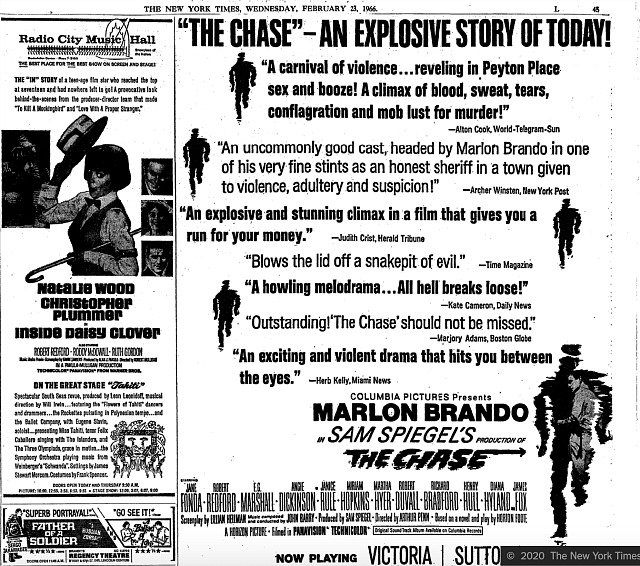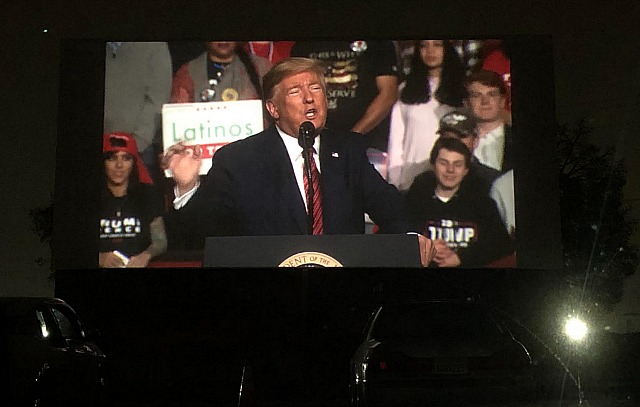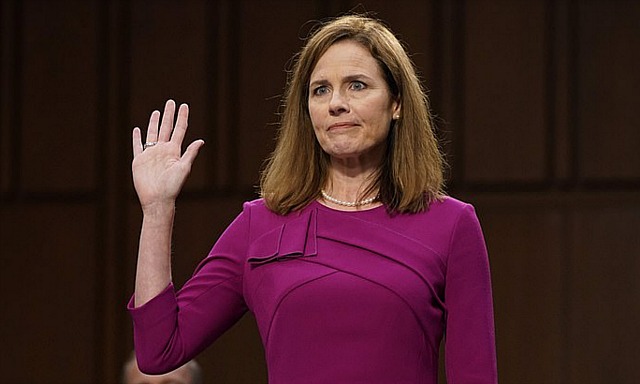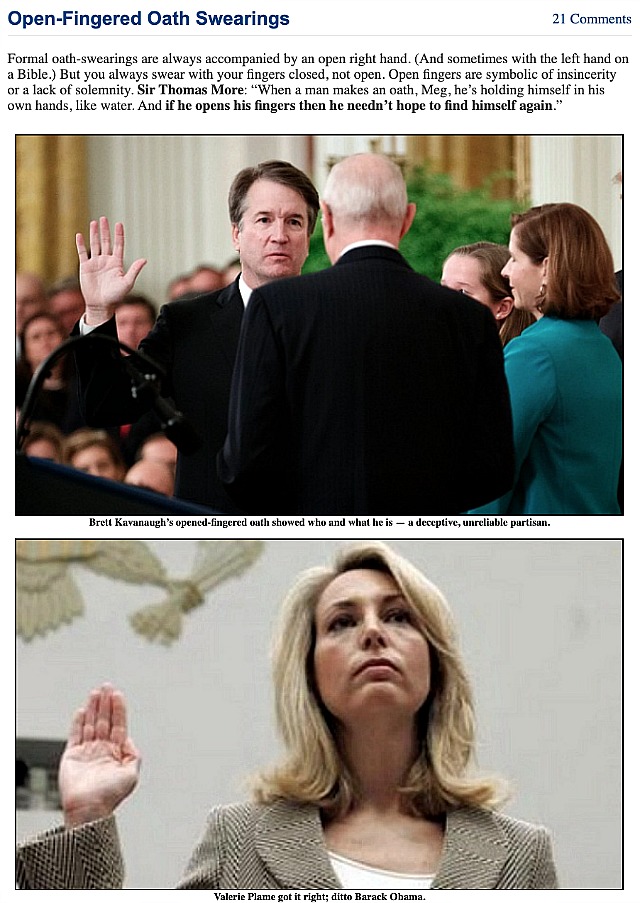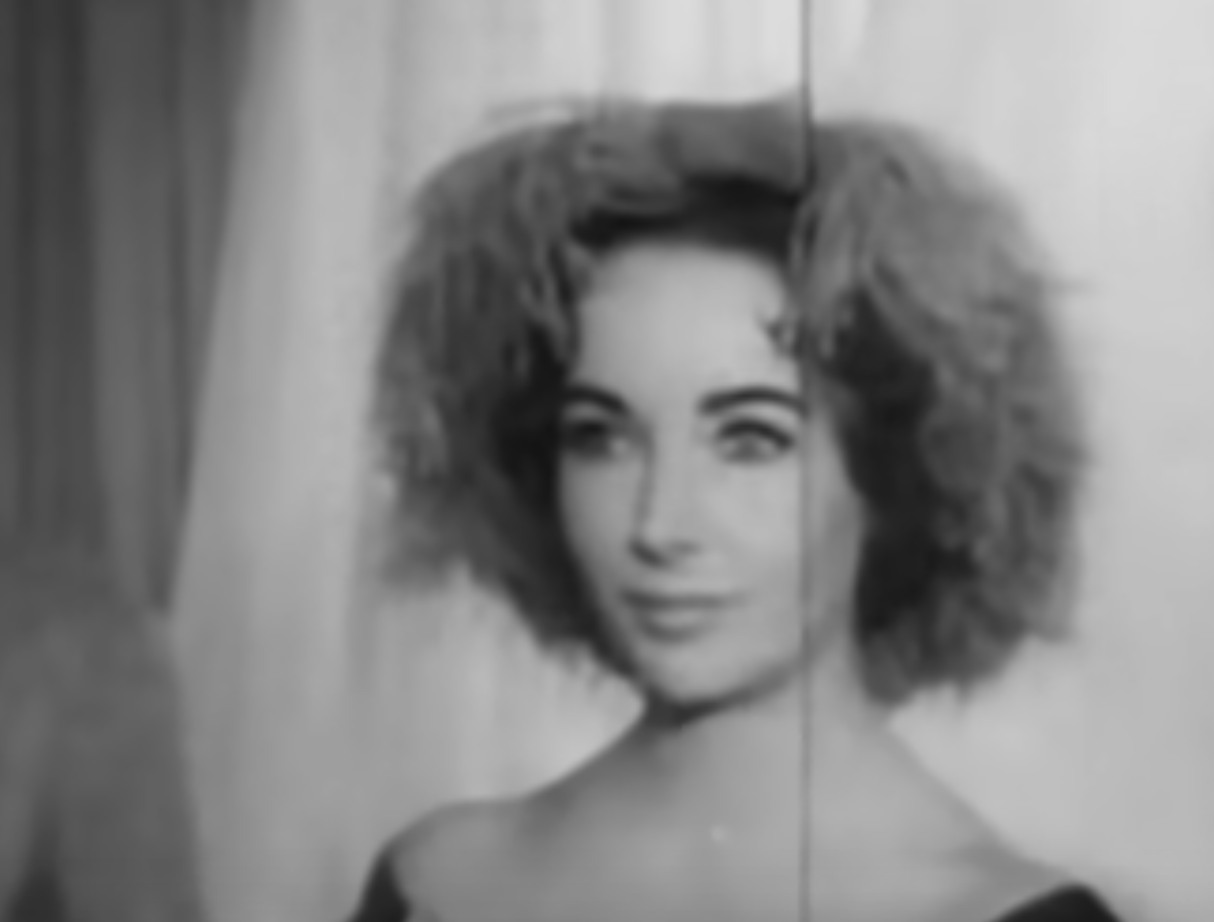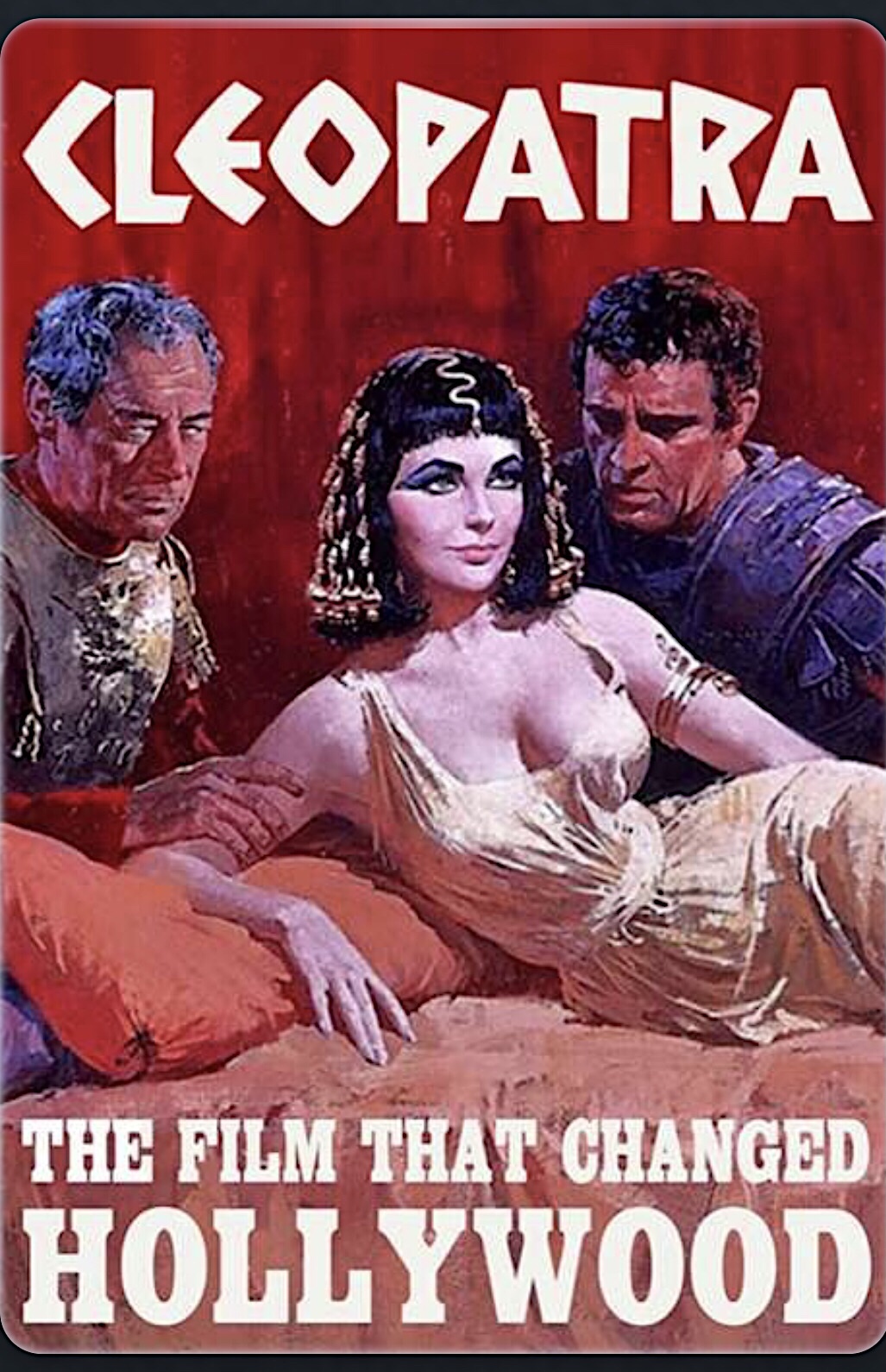Sometime in the late ’70s a girlfriend and I caught a Mort Sahl set on the North Shore. I forget the name of the club but it was in Revere, Swampscott, Lynn…one of those towns. We arrived 15 minutes before showtime, and my heart stopped — the room was one-third filled, if that. I felt so badly for the poor guy, but you know what? Sahl came out and did his show as if he was playing to a packed house at Carnegie Hall. Which deeply impressed me. As I sat and listened and laughed, I was thinking “wow, nothing but class…this is how a professional plays to a nearly deserted room.” Grace under pressure, never say die, the show must go on.
Perhaps the Motion Picture Academy should consider the Mort Sahl example in the face of Oscar killjoys like Washington Post columnist Alyssa Rosenberg and The Ankler‘s Richard Rushfield.
They’re both saying that the Academy needs to deepsix the 4.25 Oscar telecast, primarily because there won’t be enough viewers because theatres are closed and because streaming doesn’t have that schwing and because there won’t be enough in the way of serious Oscar contenders.
They need to say that to Chloe Zhao, David Fincher, Michelle Pfeiffer, Gary Oldman, Anthony Hopkins, Frances McDormand, Delroy Lindo, Aaron Sorkin, Sascha Baron Cohen, etc. Go ahead, Alyssa and Richard — write or call or text these guys and say “Sorry, bruhs, but we think the Oscars should be cancelled because almost everyone will be watching your work via streaming, which makes us feel uneasy because this isn’t the way it’s always been, and because…well, we don’t want to sound callous but we don’t think your work is good or significant enough to merit awards attention.”
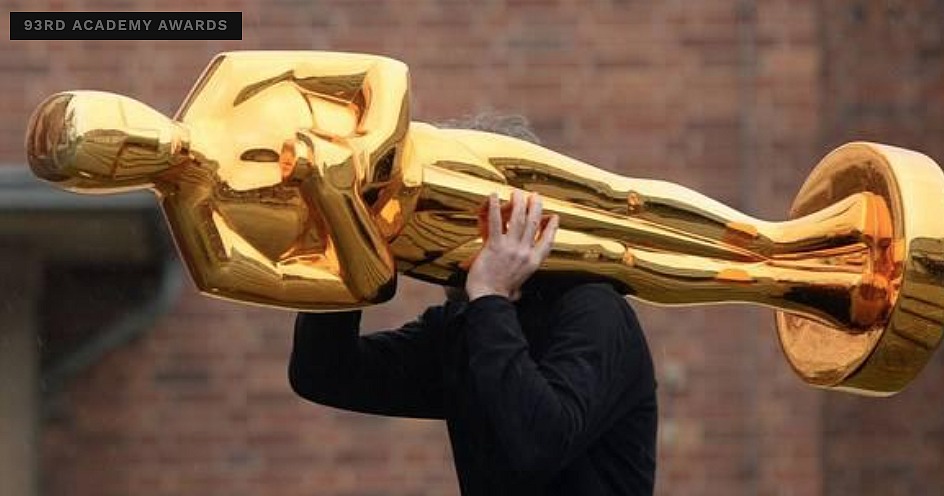
Image totally stolen from Sasha Stone’s Awards Daily.
Rushfield: “The question isn’t, Should they cancel the Academy Awards? The question is: What the hell can they possibly be thinking [by] not canceling it?
“The reason why,” he says, is “BECAUSE THERE ARE NO MOVIES [THAT] MORE THAN A HANDFUL OF PEOPLE HAVE SEEN! How do you have a celebration of movies when there are no movies?
“You may have noted over the past few years that Oscar’s transformation into a celebration of quirky and independent films only seen by a handful of people hasn’t exactly done wonders for the viewership. This drift has succeeded in chasing away a giant swath of Oscar’s audience, which is roughly half of its peak 20 years ago.
“Given that, how do you suppose the viewership will react when they put on a show not only celebrating films seen by a small number of people, but films seen by no one?”
HE to Rosenberg and Rushfield: Because I went to sleep dreaming life was beauty, and I woke up knowing that life is duty. Grownups aren’t allowed to go “waahhh” when things are tough. You don’t get to pull the plug on a 92-year-old annual awards show because it’s raining outside or there aren’t enough movies or there aren’t enough people in the room. You do it because you need to hold your head high and make the best of whatever the situation is…period. The torch must be held aloft. Think of the eternal flame that’s been burning over JFK’s grave for nearly 57 years. Allowing it to go out is unthinkable. The general attitude about the Oscar telecast should be no less steadfast.
Okay, maybe the lineup isn’t so hot this year for obvious reasons. Yes, it’s unfortunate that Deep Water, Dune, The French Dispatch, In the Heights, The Many Saints of Newark, No Time to Die, Top Gun: Maverick and West Side Story have been withdrawn and bumped into ’21. But only about a third of these titles, if that, had any real shot of being Oscar-nominated in whatever category.
2020 will always be remembered as a weak year, the Covid plague year…agreed. But it is what it is, and many excellent films are being streamed and shown at drive-ins, and let’s face the fact that streaming is the way things are these days and where a good portion of the business is going. Do I love this? No, I’m a theatre-and-popcorn guy, but it’s how things are.
Consider the wise words of Awards Daily‘s Sasha Stone, in a 10.12 piece called “Cancel the Oscars? How About We Reimagine Them?” In a nutshell: “The Oscars are representative of the year in film. This year that means film via streaming, but it’s still the year in film. This is an opportunity to test that out because streaming is the future, like it or not. It’s also a good chance to award some women and women of color, since that also has to be dealt with. It’s also the last year where they don’t have to name ten films so it also fits in that way. They only need five.”
Variety‘s Clayton Davis has also spoken eloquently about this — the piece is called “Why Moving Ahead With the Oscars Is the Right Thing to Do.”

